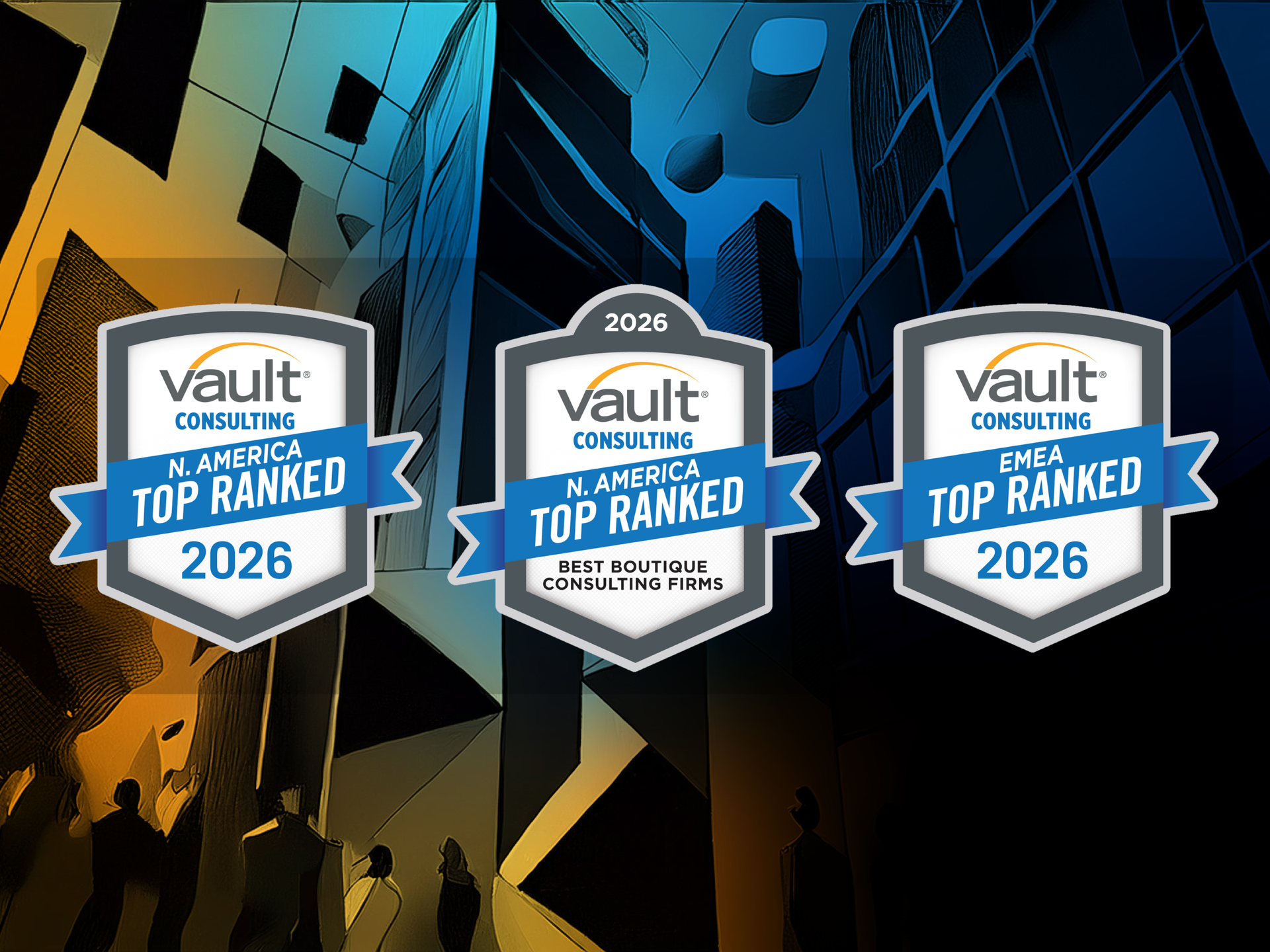Share
This article was published in Echelon Magazine on February 1, 2022.
Elite management consultancies don’t usually seek the spotlight because everyone who might hire them already knows who they are. U.S. headquartered management consultancy Stax, which has a large team of consultants based out of Colombo, is no different. Its teams work on high value due diligence, value creation strategies for businesses, and company exit planning analysis for private equity clients. Stax is fairly unknown in Sri Lanka.
Like management consultants, private equity shuns the spotlight. Compared to public markets where thousands if not millions of investors publicly discuss and invest to make price discovery rather efficient, private equity asset pricing is a rather opaque affair.
Lacking the collective insights that public capital deploys to price assets isn’t necessarily a drawback for private markets. Private equity investors see several opportunities that are unavailable in the public market. The first is an abundance of growth companies requiring capital in private markets compared to public ones. The second is that investee companies by private equity will be open to restructuring and a phase of rapid growth to unlock significant value in a short period. Private equity investors will expect to play a hands-on role in directing the strategy for that growth.
Private equity investors also expect higher returns compared to public markets and are rather impatient about those. This is the third point.
Essentially, private equity identifies high growth companies to take under their management, with a focus of making three to four changes that give them the juice, and then exit in a specific time horizon is how Ruwindhu Peiris, a Managing Director of Stax based out of Colombo, likes to describe the industry.
For strategy consultants, business turnaround advice is familiar turf. They sell advice, which clients may or may not implement. Either way, the results will take many months or years to be visible, shedding the consultants from any blame if things went awry.
ACTIONABLE INSIGHTS, NOT JUST BRIGHT IDEAS
There is little agreement on how to define management consulting. Anyone can claim they are one. Tech services firms, particularly ones installing and integrating computer systems, accountants and any outsourced services provider can claim to be one. However, Stax fits into the narrowest definition of a management consulting firm.
Offering management advice at the level and depth at which Stax does, itself is a competitive area. Several niches have emerged within management consulting because just providing good advice, by itself no longer cuts it. The most strategic of firms no longer just put forward bright ideas, they work in well-defined niches to add value.
Stax is a sought-after consultancy for PE clients who rely on its advice to deploy capital efficiently and effectively, to maximize value. Stax comes into the picture when a private equity firm is evaluating a potential transaction and requires an independent assessment of a hypothesis that is going to generate five- or ten-times growth from the investment.
“That's fundamentally what we're doing in this niche area. We’ve done it very effectively,” Ruwindhu Peiris, who has been with the firm for over a decade, the weight of those years as a Managing Director, points out.
Stax is a management consultancy, not a private equity investor. However, the quantitative work it does on behalf of PE clients isn’t stuff Stax can then walk away from. Clients executing PE transactions will quickly discover if the advice they paid for was based on a sloppy analysis. There is no way for PE strategy consultants like Stax to disown the outcome.
Management consultancies deploy small, highly skilled teams on projects. Stax’s over 100 team members in Colombo are usually deployed on several dozen projects at a time, almost all of them for clients from the U.S. Stax has offices in New York, Chicago and Boston. Globally the company employs over 200 people.
Stax itself is a medium-sized strategy consulting outfit compared to the elite three, McKinsey, BCG and Bain. However, Stax is a leader among mid-sized, tech-enabled consultancies with a client base spanning Fortune 500 firms, top private equity investors, and private equity portfolio companies. In its area of focus - helping the world’s largest private equity firms evaluate the strengths of their assumptions on potential deals, it’s one of the best in the world.
“We compete with three or four other firms, for the top private equity firms in the US,” Peiris highlights Stax’s elite status.
In 2021, Stax’s team found themselves on the unfamiliar side of the negotiating table. Private equity firm Blue Point Capital Partners were discussing investing in Stax. Blue Point, as the firm is called, specialises in midmarket companies and investing in Asian firms linked to global supply chains. Stax was a great fit although it wasn’t a manufacturing firm.
Blue Point invested in November 2021. Stax announced that the investment will fuel accelerated growth in three key areas; continuous improvement in Stax’s core offering, expanding services and growth to new markets, and providing growth opportunities for Stax’s employees.
During the year, Stax expects to double the headcount and expects exponential growth of its team over the next few years. The new positions will be recruited from Sri Lanka and the region, all reporting to the Colombo office. Hiring for growth in the Sri Lanka operation is going to be the most significant following the Blue Point Capital investment. First established for value arbitrage, Stax’s Colombo operation is now a global centre of excellence for the company and does most of the quantitative work and project management. PE related assignments are forecast to generate most of the growth.
PRIVATE EQUITY IS EVOLVING
Most of Stax’s global team is Sri Lanka based since 2005 when the office here to support its worldwide research and quantitative work was expanded. The pace and the intensity of qualitative work for global clients have picked up in the last decade due to the transformation in the private equity industry itself.
The global savings glut combined with several rounds of loose monetary policy, the latest of which came after the Covid pandemic to soften the economic fallout, has resulted in an unprecedented demand for investable assets. As interest rates have been low for several decades now, a disproportionately large share of capital is chasing higher yields in private equity.
Unlike in the past, when PE was code for leveraged buyouts, investors today have to bring value to a firm to achieve a turnaround or a period of exponential growth. Simply axing costs, breaking up firms because the sum of their parts is greater than the whole or pumping them up to their eyeballs in debt are no longer the main arsenal of PE firms. PE deal advisors are also no longer called upon to validate such simplistic plans.
Private equity may take a view, maybe, that there is some fat in the system of the potential acquiree; how do we get rid of that? How do we expand to new geographies? Or how do we bolt on an acquisition; those are the typical playbooks, says Kumudu Gunasekera a Managing Director at Stax’s Sri Lankan office.
Gunasekera says that the gut feel led or portfolio view approach to PE is no longer a good enough strategy for yield-hungry investors, due to the complexities and uncertainties in global markets and supply chains. Gunasekera joined Stax after a long stint in the U.S. as a transport infrastructure consultant on large projects in several emerging markets for a firm now called WSP.
Besides private equity, companies can access capital by going to public markets, through an offer of shares to the public. Companies can also reinvest their profits or obtain loans to infuse capital. However, these methods lack the intensity and focus of delivering results in a short window, says Peiris, explaining the difference between these approaches.
Private equity investors now seek keen exits. Peiris says what used to be five to seven years for a PE exit is now down to three to five years.
A STRATEGY FOR GROWTH
Stax’s appetite for growth is now outpacing opportunities it has so far tapped with consulting assignments in the U.S. Blue Point Capital’s investment in the firm is expected to open opportunities for Stax given that they see the need in large-cap and mid-cap private equity for consulting services. One of the immediate impacts on Stax is a need to ramp up recruitment.
Gunasekera explains, “We are now able to hire more people in more specialized areas in Sri Lanka and across other Asian countries. We are not limited to hiring in Sri Lanka. Second, this capital will also be deployed to improve our processes and improve our technology systems.”
“Now we'll be able to take a 5 to 10-year view on how we transform ourselves and how we play large in this amazing space. To me, that's really what's significant about this new capital.”
Peiris points out that in Blue Point Capital, Stax has found a strategic partner who knows management consulting and PE inside out. “We can now double down on investments and take a longer view,” he echoes Gunasekera’s thoughts.
“In the past, we've done well because we’ve been privately funded. But as a result, we were making decisions with a one to two-year horizon,” Peiris adds. Before joining Stax, he was Vice President and Head of Operations for Virtusa Corporation, a global information technology services company providing digital transformation change at scale to some of the world’s biggest businesses.
The timing of the Blue Point Capital investment immediately following the pandemic also had unanticipated outcomes. Covid had altered client views about remote work and by extension offshore work. “As a result, we are delivering huge projects, which previously would have never been delivered 100% remotely from Colombo. We've taken full advantage of the change that's sweeping the world,” Gunasekera points out.
The value adds from Colombo to Stax’s global operation headed by Gunasekera and Peiris has continued to grow within the organisation. The two are members of the global management committee running the global direction of the organisation. Although Stax isn’t a Sri Lankan company it has a lot of Sri Lankan influence due to this.
Gunasekera says the value the unit in Colombo adds was apparent at the transaction stage with Blue Point. He says there were multiple reasons for that. The most visible sign of Stax’s success is its appetite for recruits.
BEYOND STRATEGY CONSULTING
Stax expects to use the new capital to colonize new areas and deepen its skills. Ruwindhu Peiris says two things differentiate Stax from its peers. The first is the global footprint of the firm. Sure, having an operation in Sri Lanka is cost-effective. However, he says the geographical dispersion brings real client value.
“The important thing is how do you leverage a global footprint to be able to bring breadth and depth at speed. Because in this space, that's what matters the most, and you have a very short window to make high fidelity decisions that have high impact.”
Typically, Stax has just a few days to analyse the hypothesis for a potential PE deal. What new efficiency and restructuring will generate growth is based on a hypothesis the PE firm already had.
Stax has to figure out if that thesis is largely accurate or if there are fatal gaps in the assumptions. It relies on data now more than ever to address these. “Traditionally, we will have experts on board to talk about industry trends and industry experience. This is still absolutely important. But how do you ground that with real data,” he asks rhetorically.
Over the last decade or so there's been an inundation of data assets, created by everyone, Peiris says about this, the second differentiator of Stax from its peers.
While Peiris highlights what gives Stax an edge against peers, Gunasekera says the advice of business acumen trumps it all.
“We bring this holistic view,” Gunasekera says. “Ultimately, data and technology, they're all tools. Business acumen is the critical thing because that's the outcome the client is after. From a skillset perspective, what we are looking for is people who have a thirst for knowledge, inquisitive, those who like to solve problems, and those who are always challenging the status quo,” he says about the type of people who thrive at Stax.
Stax expects to double its team in Colombo over the next year, at least half of whom are going to be technical hires, for disciplines like data science, and software engineers who can access public data on the cloud. The other hires are to be concentrated around business consulting, project management or those with skills associated with telling stories that integrate data. Stax expects a majority of the new hires will have some prior experience.
Gunasekera says there is no straitjacket on skills. “The skill spectrum within Stax varies from technical to those with soft skills. If you are smart and have a thirst for knowledge, and if you fit our culture, it's an amazing place to be at,” he says.
Due to the intensity and the exposure, a spell with a consultancy is now the best route to membership of a new leadership elite. Former consultants often end up running organisations both in the private sector and non-profit ones.
Stax’s runaway success here is remarkable for three reasons. The first is its ability to take Sri Lankan ingenuity to the world and showcase value arbitrage beyond pure cost arbitrage. Second, Stax has aptly demonstrated a capacity to enable a brain gain to Sri Lanka by providing globally experienced professionals to work from Sri Lanka and continue to gain global exposure while doing so.
Finally, Stax is deploying technology and data science to understand business problems. In markets where data is abundant, like the U.S. where most of their clients are from; this can be a competitive edge. For recruits from Sri Lanka, few other places can provide as challenging an opportunity.
Globally the appetite for hired brainpower is undiminished. Indeed, the pandemic has exacerbated complexities and uncertainties. For management consulting, that’s an opportunity.






